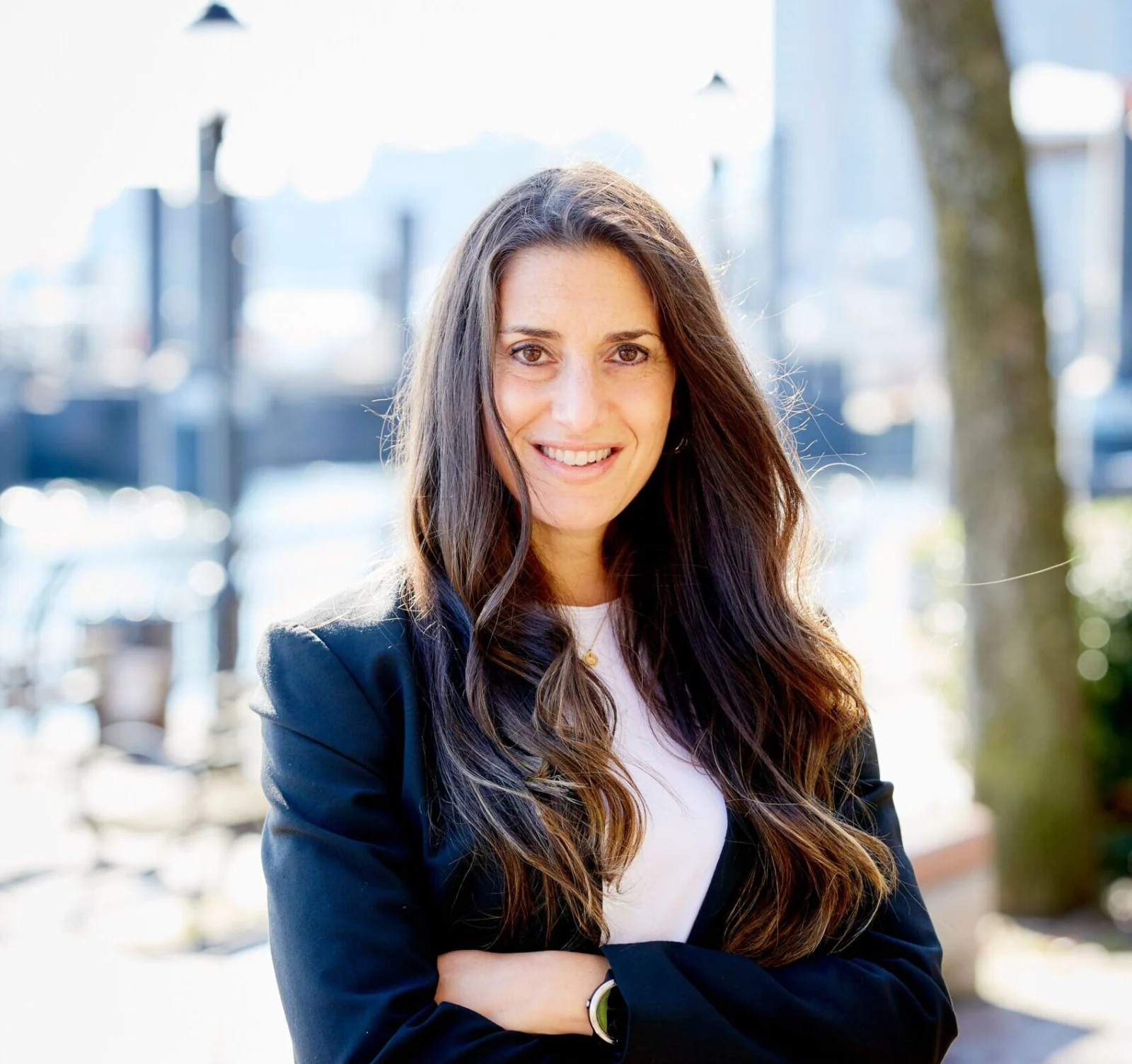Dr. Rachel Goldman on the Complex World of Weight Loss Drugs

A Ro advisor, Dr. Rachel speaks about the confluence of mental and physical health in weight loss and misconceptions around GLP-1s
Dr. Rachel Goldman is a licensed clinical psychologist who specializes in behavioral medicine. After being exposed to the treatment of obesity, she became interested in the patient population. Dr. Rachel previously served as the senior psychologist at Bellevue Center for Obesity and Weight Management at Bellevue Hospital in New York City. Today, she serves as a Clinical Assistant Professor in the Department of Psychiatry at the NYU Grossman School of Medicine, and an advisor to Ro, a telehealth company that offers GLP-1 weight loss drugs.
Dr. Rachel spoke with Athletech News about weight loss drugs from a behavioral medicine perspective, and how the fitness and wellness industry can best support people taking GLP-1s.
The following conversation has been lightly edited for clarity and length.
Athletech News: Why did you join Ro as a medical advisor?
Dr. Rachel Goldman: I loved the opportunity and jumped on it for many reasons. I’ve been very involved in the academic work around the treatment of obesity, and I think it’s really important that there are behavioral health providers sharing information about that. People don’t understand obesity. It’s a multi-factorial, complex chronic disease. There are not a lot of behavioral health providers who specialize in this area. The more people we can get advising companies on mental health and how the brain works the better we can serve our patients and provide compassionate empathetic care.
ATN: What are some of the biggest misconceptions around the confluence of mental and physical health related to obesity?
RG: Obesity is a disease. We in the medical field know that and treat it as a disease. But unfortunately, the general public still doesn’t see it that way, and they label people as being lazy or lacking willpower or discipline.
GLP-1s are allowing individuals who have the disease of obesity to be on a level playing field. They have this extra tool that is helping them get to a place where they’re more in that category of individuals who, if they’re mindful about what they’re eating and exercising a little more, they will likely lose weight. It’s literally giving people hope who felt like they lost hope. Some people saw an option like bariatric surgery as a last resort but GLP-1s are now giving people an additional option. We are also seeing that people after bariatric surgery have weight (gain) recurrence because obesity is a chronic disease.
ATN: How does fitness play into the weight-loss-drug space?
RG: I’ll share with you what I’ve seen with bariatric surgery because that’s been around longer than the GLP-1s, and I’ve worked very closely with that patient population. What we typically say is that food matters, but exercise brings it to another level. The food you put in your mouth helps with weight loss. Exercise will help with weight maintenance. All of these treatments that are available must be coupled with lifestyle changes.
Many people initially hate exercise, particularly individuals who have struggled with it in the past. Maybe it’s hard. Maybe it’s causing pain. Maybe they can’t walk or they get out of breath. They have this association with exercise that it’s really difficult. This is why I also don’t like to use the term “exercise.” I like to use the term “movement” or “physical activity” because “exercise” is overwhelming for a lot of my patients. We’re really just talking about moving your body a little bit more: being more active and less sedentary.
I also see exercise and physical activity being a huge tool for mental health. I have clients who struggle with their weight but don’t fall under the category of having the disease of obesity. I joke that if I could give a prescription apart from behavioral prescriptions, it would be to exercise and to find an activity that they love. I have clients for whom their anxiety is much worse and they feel so much more overwhelmed on the days that they’re not being active or didn’t go to a workout class. If we’re able to change our behaviors by moving a little bit more it will also impact our thoughts.
ATN: How do you recommend patients manage the lifestyle and social shifts that come with drastic weight loss from GLP-1s?
RG: Once people get to a dosage that works for them, the weight loss is going to be faster than it would if they were to do it on their own. People aren’t really prepared for that. I often say any change can be overwhelming because there are unknowns, which is scary. It’s ideal to have a team of providers and a team of support. This includes friends and family and a behavioral health provider to discuss potential changes with them. It’s important to discuss all of those expectations. Some people really struggle not being able to go out and be as social because they’re having difficulty figuring out what they can eat or they have reflux. Some also get tired from the medications or have certain other side effects.
Thinking about all of this in advance and having a plan in place is really important. Relationships may also change, so it’s good to talk about friends, co-workers or even partners. I just had this conversation with a friend who started GLP-1s. I said, “What if people notice you’ve lost weight? What will you do?” Let’s prepare a few sample scripts.
ATN: What should the fitness and wellness industry do to cater to new consumers who take GLP-1s?
RG: We should be getting rid of the messaging around, “Burn your calories before you eat them,” or, “Now you deserve that pumpkin pie because you finished a workout class.” All of those are harmful messages and as people, we don’t have notes on our forehead saying what we’re struggling with. So just assuming that people have different struggles and are in different stages and not assuming everybody is capable of doing the same thing is really important.
For personal trainers, open-ended questions are really great to get more information from people. Just being mindful and compassionate.



